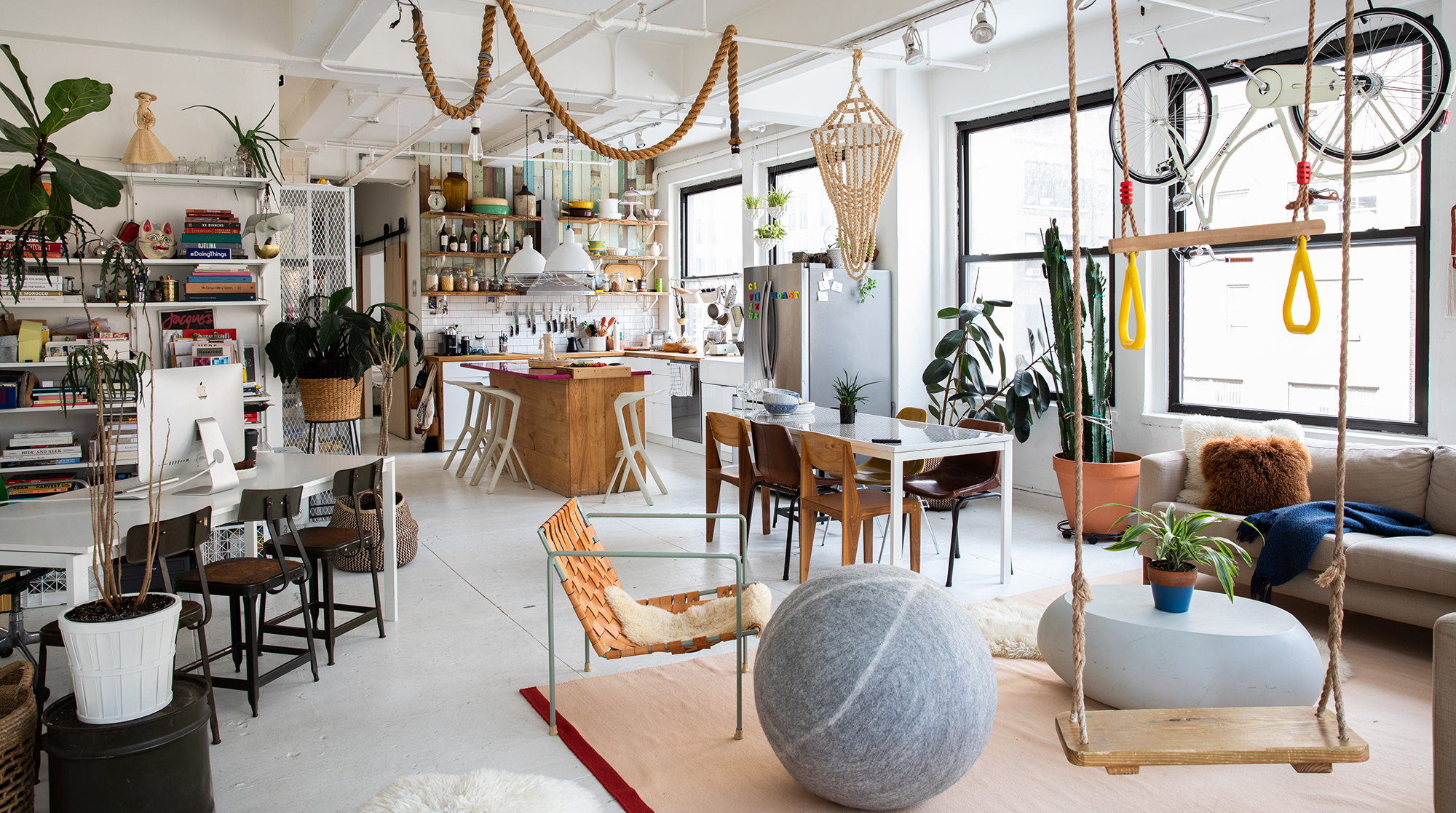Exclusive booking platform The Plum Guide has added properties in Barcelona, Berlin, Copenhagen, Lisbon, Madrid and Tel Aviv to its collection of the world’s best short-term holiday home rentals. Jenny Southan reports
The Plum Guide describes itself as the “Michelin Guide for homes” and is directly competing with Airbnb’s new Luxe platform, which also curates top-end properties for rent. Having said that, some of the houses featured by The Plum Guide are also on Airbnb.
The Plum Guide says it “differs from mass market short-term rentals booking platforms by selecting only the top 1 per cent of properties in any city to feature on its site”. In addition to the new cities, it also has luxurious houses for rent in London, Los Angeles, Milan, New York, Paris and Rome.
To ensure homes meet the high demands of wealthy travellers, it has 150 criteria that need to be checked off by experts from the hospitality industry experts. Critics from The Plum Guide visit each home in person to interview the host and assess the property.  Doron Meyassed, founder and CEO of The Plum Guide, said: “We are on a mission to build a marketplace of the world’s most beautiful holiday homes. This isn’t some vague qualitative ambition. We mean it. We are taking a systematic and obsessive approach to vetting every single home on the planet and accepting only the top 1 per cent.”
Doron Meyassed, founder and CEO of The Plum Guide, said: “We are on a mission to build a marketplace of the world’s most beautiful holiday homes. This isn’t some vague qualitative ambition. We mean it. We are taking a systematic and obsessive approach to vetting every single home on the planet and accepting only the top 1 per cent.”
Last year, tens of millions of international overnight visitors stayed in Barcelona, Berlin, Copenhagen, Lisbon and Madrid, many in unlicensed homes. The Plum Guide says it is seeking to capitalise on the popularity of cities like these, “while being respectful of the local city regulations”.

Founded in 2015, the company has achieved three times year-on-year growth for three years running. Earlier this year, The Plum Guide raised £14 million in funding from Talis Capital, Latitude, Hearst Ventures and Octopus Ventures. What inspired Meyassed to create The Plum Guide? He said it was after a stay in Tel Aviv: “I had used Airbnb a bunch of times before with mixed results, but this place was on a different level: it was on the seafront, with floor-to-ceiling windows, a huge balcony with oversized couches and deckchairs.
What inspired Meyassed to create The Plum Guide? He said it was after a stay in Tel Aviv: “I had used Airbnb a bunch of times before with mixed results, but this place was on a different level: it was on the seafront, with floor-to-ceiling windows, a huge balcony with oversized couches and deckchairs.
“The host had thought of everything: luxury bedding, fully stocked kitchen, a fully-loaded PlayStation, Sonos, Netflix, recommendations to the best restaurants nearby. The owner even put fresh produce in the fridge every day.
“I realised a new breed of host was emerging amidst the sea of options out there. Hosts with incredible homes who really care about delivering an amazing guest experience… but it was impossible to tell from a listing on a computer screen and reading between the lines of customer reviews. I’d keep getting it wrong.
“Homes that I thought would be incredible were disappointing and vice versa. So myself and four others decided to take a totally different approach and the Plum Guide was born.” The company says it’s success has so far been driven by “the proposition resonating with a lucrative customer segment of mature affluent individuals, who make up the majority of Plum’s 1.3 million global user base”.
The company says it’s success has so far been driven by “the proposition resonating with a lucrative customer segment of mature affluent individuals, who make up the majority of Plum’s 1.3 million global user base”.
Meyassed said: “Most rental platforms are trying to get as many people as possible to use their site. We are clearly targeting a highly discerning group of affluent professionals that live in global megacities, love to travel and value great design, quality and locations.
“Previously, they have stayed away from the open marketplace booking platforms, which they consider too risky compared with the reassurance that a hotel provides.”
By the end of 2019, The Plum Guide hopes to offer almost 12,000 verified homes in popular tourist destinations around the world, with 100 new staff employed to support its growth ambitions.

